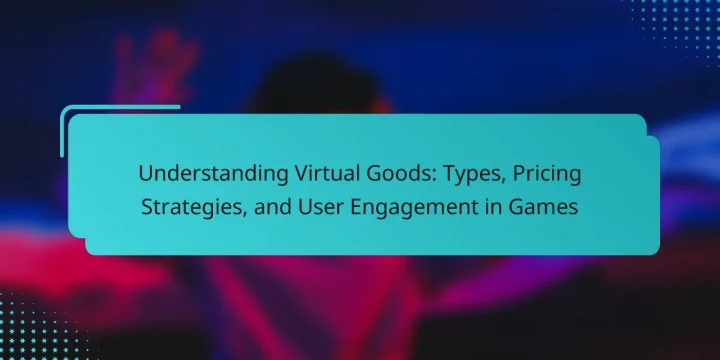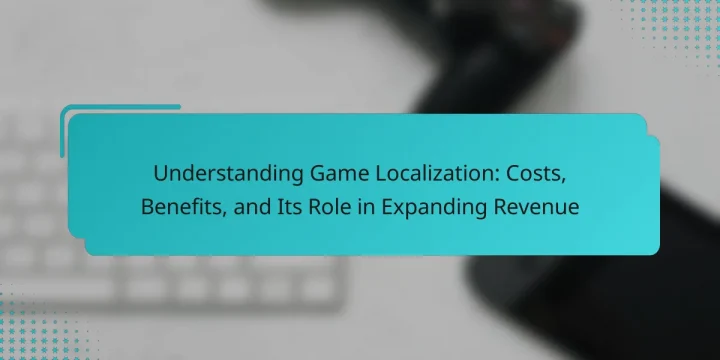
What are Monetization Strategies for Mobile Games? Monetization strategies for mobile games include in-app purchases, advertising models, and subscription services. In-app purchases allow players to buy virtual goods or enhancements within the game. This method can significantly increase revenue, with reports indicating that games generating over 70% of their income from in-app purchases. Advertising models involve displaying ads within the game, earning revenue based on impressions or clicks. A study showed that ad-supported games can reach millions of users, providing substantial income. Subscription services offer players access to exclusive content or features for a recurring fee. Research indicates that subscription models can lead to higher player retention and consistent revenue streams. How do In-App Purchases function in mobile games? In-app purchases in mobile games allow players to buy virtual goods…








